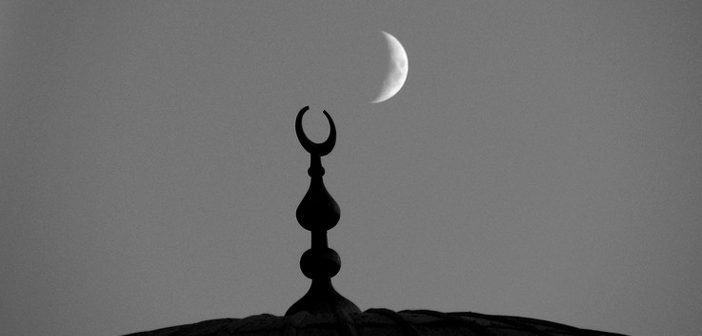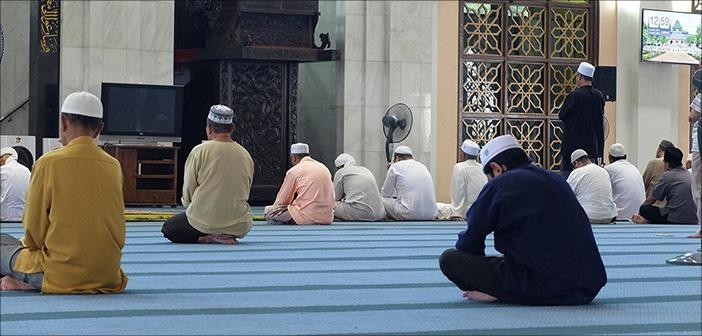
What Is The Importance Of Fasting On The 10th Day Of Muharram?
What is the importance of the month of Muharram and fasting in that month, especially on the 10th day of Muharram?
“Muharram” means respected. This month is described as “the month of Allah” by the Prophet Muhammad (saw) (Muslim, Siyam, 202; Abu Dawud, Sawm 55; Tirmidhi, Sawm, 40). This description indicates the virtue and abundance of blessings of the month of Muharram.
The Prophet Muhammad (saw) said, “The most excellent fast after Ramadan is the Month of Allah, al-Muharram, and the most excellent prayer after what is prescribed is prayer during the night.” (Muslim, Siyam, 202-203; Abu Dawud, Sawm, 55; Tirmidhi, Sawm, 40)
Tenth day of Muharram is the day of Ashura. According to some scholars, fasting on this day is sunnah (Sarakhsi, al-Mabsud, III, 92). Because the Prophet (saw) himself fasted on this day and advised it to the ummah (Bukhari, Sawm, 69). When he came to Medina, the Prophet Muhammad (saw) witnessed Jews fasting on the day of Ashura and asked, “Why are you fasting on this day?” Jews replied, “It is the day on which Allah granted victory to Moses and (his people) Bani Isra’il over the Pharaoh and we observe fast out of gratitude to Him.” Upon this the Messenger of Allah (saw) said: “We have a closer connection with Moses than you have”, and he commanded to observe fast on this day. (Bukhari, Sawm, 69; Muslim, Siyam 127; Abu Dawud, Sawm, 65). Prophet Muhammad (saw) has some other hadiths that encourage fasting on this day. One of them reads as follows “Fast on the day of Ashura, for indeed I anticipate that Allah will forgive (the sins of) the year before it.” (Tirmidhi, Sawm, 48). On another occasion, the Prophet said referring to the fasting of AShura, “The most virtuous fasting after the month of Ramadan is Allah’s month, al-Muharram.” (Tirmidhi, Sawm, 40)
In order to oppose the practice of the Jews, the Prophet’s (saw) saying that he would perform Ashura fasting next year by adding the ninth day of Muharram as well (Abu Dawud, Sawm, 66) indicates that it is more appropriate to perform this fasting on either the ninth and tenth days or the tenth and eleventh days of Muharram (See. Ibn Hanbal, al-Musnad, IV, 52; Abdurrazzak, al-Musannaf, IV, 287).
Besides, it should be known that after Ramadan fasting was prescribed as fardh, the Prophet Muhammad (saw) stated that one may perform Ashura fasting if he wishes; if not, he is allowed not to do so (Bukhari, Sawm, 69; Muslim, Siyam, 113-126).
Source: Presidency Of Religious Affairs The Turkey, High Board of Religious Affairs FATWAS









